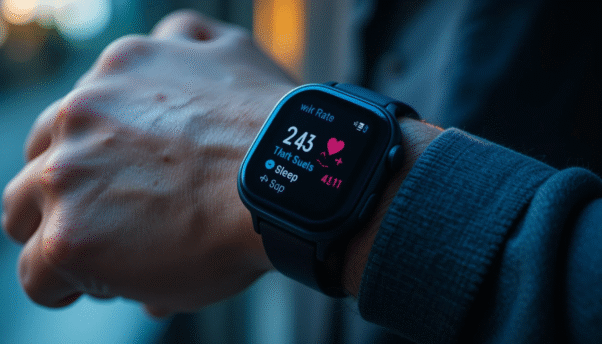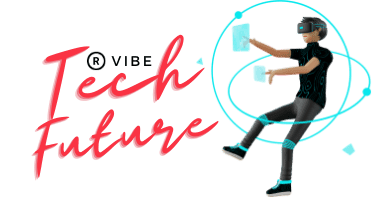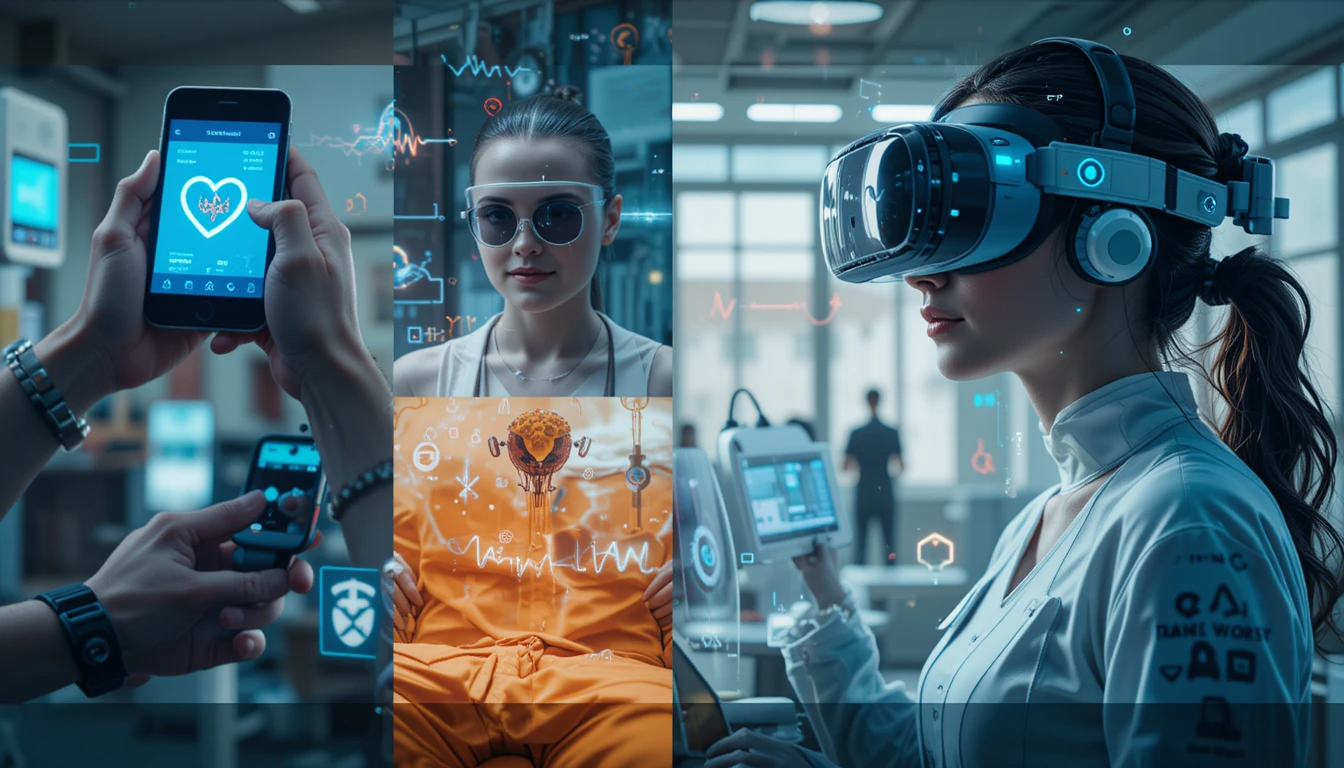The Development of Technology Positively Affected Our Wellness
The development of technology positively affects our wellness in ways that touch every aspect of our lives. Wearable devices track our daily steps, while AI-driven health apps provide personalized wellness plans.
Technology has transformed how we monitor, manage, and improve both our physical and mental health. In this article, we explore the multiple dimensions of technological impact on wellness, the innovations shaping our future, and how you can leverage these tools to improve your quality of life.
Let’s dive into the key ways technology enhances our health and wellness every day.
1. Wearable Devices: Tracking Wellness in Real-Time
One of the most visible ways the development of technology positively affects wellness is through wearable devices such as smartwatches, fitness trackers, and health monitoring bands.
Benefits:
-
Real-time health monitoring: Track heart rate, sleep patterns, oxygen levels, and physical activity.
-
Motivation for fitness: Gamified step counts, progress alerts, and reminders encourage consistent activity.
-
Preventive care: Early alerts for abnormal readings help users consult healthcare professionals promptly.
Example: Apple Watch and Fitbit have revolutionized personal health tracking, giving users a daily snapshot of their wellness and inspiring healthier routines.
2. Telemedicine: Healthcare at Your Fingertips
Telemedicine is another major contributor to wellness through technology. Remote consultations allow patients to access healthcare services from anywhere, breaking barriers created by location or mobility.
Key Advantages:
-
Consult specialists without traveling long distances.
-
Video therapy sessions to support mental health.
-
Digital access to prescriptions, lab results, and medical records.
Example: Platforms like BetterHelp, Teladoc, and MDLIVE allow individuals to maintain consistent care, improving both physical and mental wellness.
3. AI-Powered Personalized Health Insights

The rise of AI in healthcare is a game-changer for wellness. Artificial intelligence analyzes vast amounts of personal health data, offering tailored recommendations for nutrition, exercise, and lifestyle.
How AI Helps:
-
Predicts health risks and preventive measures.
-
Generates personalized workout and diet plans.
-
Tracks long-term health patterns for better lifestyle decisions.
Example: Noom uses AI to tailor programs for weight loss and healthy habits, integrating behavioral psychology into personal wellness plans.
4. Mental Wellness Apps
Mental health is an essential component of overall wellness. Technology provides tools that allow users to manage stress, practice mindfulness, and improve emotional health.
Benefits:
-
Guided meditation and relaxation exercises reduce anxiety.
-
Sleep improvement programs enhance rest and recovery.
-
Journaling and cognitive behavioral therapy apps promote self-reflection.
Example: Headspace and Calm help millions incorporate mindfulness practices into daily life, reducing stress and promoting emotional stability.
5. Smart Home Technology for Healthier Living

Smart home technology also plays a role in wellness. Environmental factors like air quality, lighting, and daily routines affect our health, and automation makes healthy living easier.
Examples:
-
Air purifiers and sensors monitor indoor air quality.
-
Smart lighting aligns with circadian rhythms to improve sleep.
-
Medication and hydration reminders support routine wellness.
6. Physical Rehabilitation and Mobility
Technological innovations are transforming rehabilitation and mobility care:
-
Wearable sensors track correct exercise movements.
-
VR-based exercises improve patient engagement and recovery outcomes.
-
Robotic exoskeletons restore mobility for those with injuries or disabilities.
Example: Stroke patients using VR rehabilitation often regain motor skills faster and remain motivated throughout therapy.
7. Social Connectivity and Emotional Wellness
Human connection is essential for mental health. Technology makes it easier to stay emotionally connected:
-
Video calls and messaging apps reduce feelings of isolation.
-
Online communities provide peer support for chronic conditions or lifestyle goals.
-
AI chatbots offer mental health check-ins and companionship.
Example: During global crises, technology allowed people to maintain social bonds, reducing stress and improving overall wellness.
8. Education, Awareness, and Self-Tracking
Wellness is also about knowledge and self-awareness. Technology empowers users to track, learn, and optimize their health.
Tools & Methods:
-
Nutrition apps track food intake and caloric balance.
-
Exercise apps provide guided workouts and fitness analytics.
-
Wellness blogs, podcasts, and online courses inform users about healthy practices.
9. Future Trends in Wellness Technology

The development of technology positively affects wellness with ongoing innovation:
-
AI-driven predictive analytics for early disease detection.
-
Smart implants and biosensors monitoring internal health in real-time.
-
VR and AR immersive therapy for mental and physical rehabilitation.
-
Blockchain-secured health records for privacy and personalization.
These emerging technologies promise more personalized, proactive, and accessible wellness solutions.
10. Frequently Asked Questions (FAQs)
Q1: How does technology improve access to healthcare?
Telemedicine and online platforms allow remote consultations and monitoring, breaking barriers to care.
Q2: How does technology support mental wellness?
Meditation apps, journaling tools, and AI-based therapy platforms provide support anytime, anywhere.
Q3: How do wearable devices contribute to wellness?
They track vital signs, sleep, and activity, enabling informed lifestyle decisions.
Q4: Can technology improve fitness routines?
Yes, AI coaches, virtual workouts, and fitness apps tailor routines and track progress.
Q5: Can technology help manage chronic conditions?
Absolutely. Apps for medication reminders, remote monitoring, and doctor communication improve disease management.
11. Conclusion
The development of technology positively affects our wellness by enhancing physical, mental, and emotional health. From wearables to AI-driven apps, telemedicine, smart homes, and VR rehabilitation, these innovations give us control over our well-being, improve lifestyle habits, and promote healthier, longer lives.
As technology continues to evolve, its positive impact on wellness will grow stronger, making personalized and proactive health solutions accessible for everyone.

